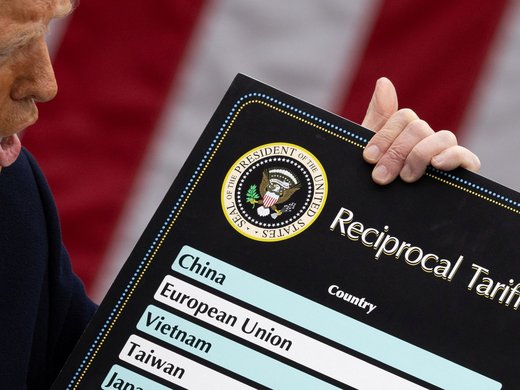This paper shows the provocative, unique, evolving and important role that Canada has played since Confederation in 1867 in the development of international treaties dealing with intellectual property (IP) law. Initially burdened by its status as a British colony, and later by the powerful economic and political influence of the United States, Canada had developed, by the mid-twentieth century, an independent voice on IP policy and asserted its own sovereign interest. It became a key middle-power leader in the movement toward the arranged marriage of IP and trade law, which ultimately resulted in the North American Free Trade Agreement (NAFTA) and the Trade-Related Aspects of Intellectual Property Rights agreement in the late 1980s and early 1990s. Now, with the apparent denouement of the Trans-Pacific Partnership Agreement, its possible resurrection as the Comprehensive and Progressive Agreement for Trans-Pacific Partnership (without the United States and its more excessive demands), the successful conclusion of the Comprehensive Economic and Trade Agreement and the renegotiation of NAFTA, Canada stands poised to once again play an influential and even key international role, while striving to act in its own best domestic interests.


